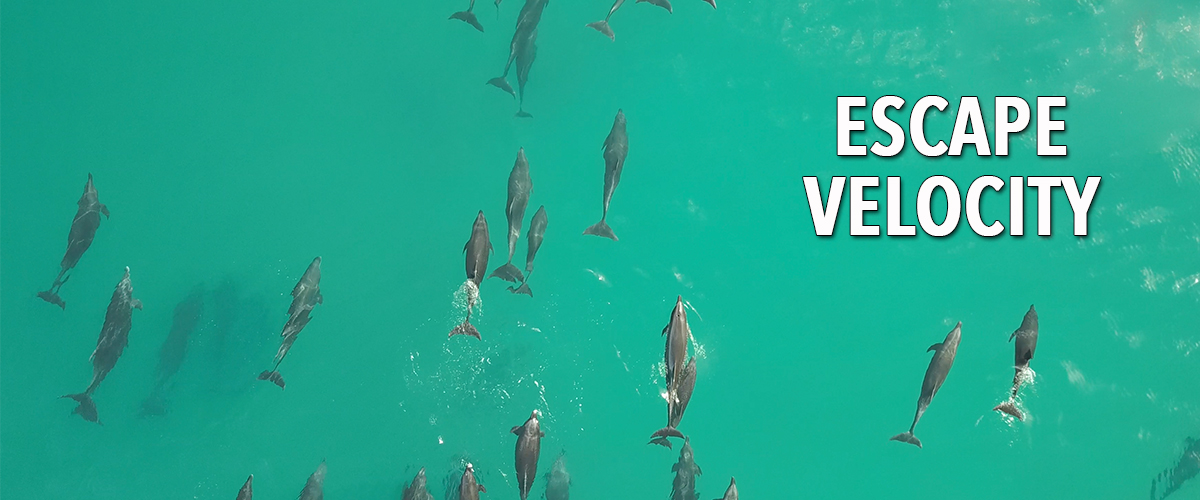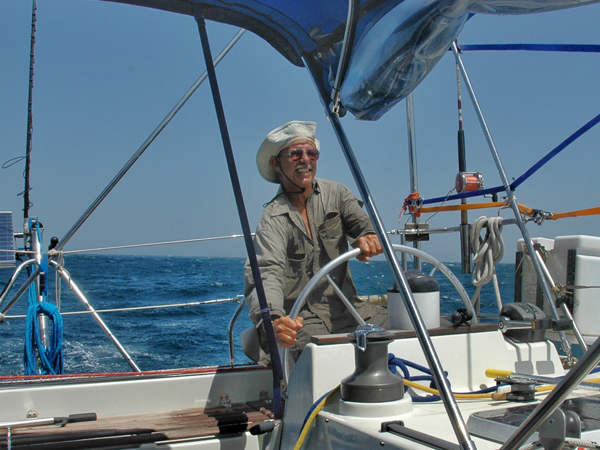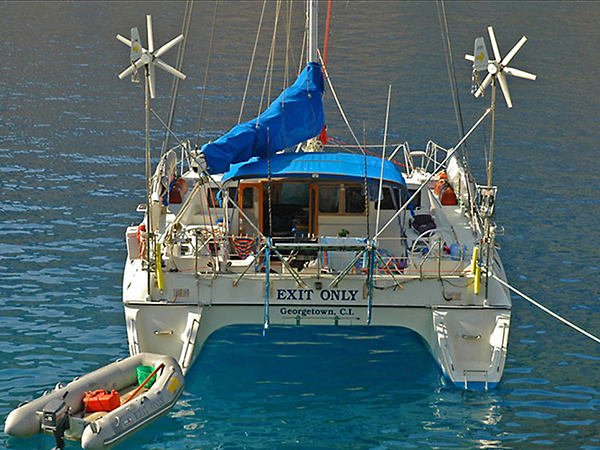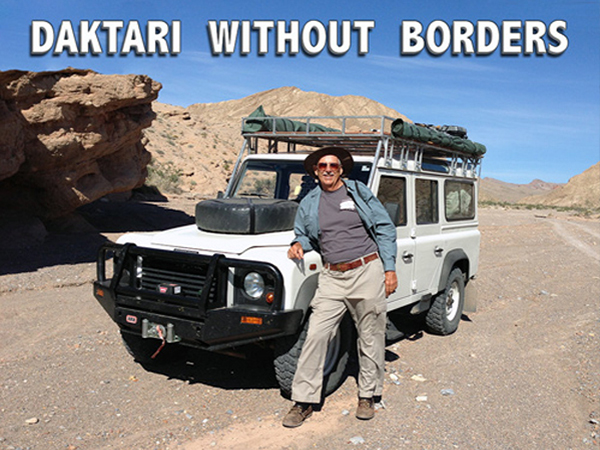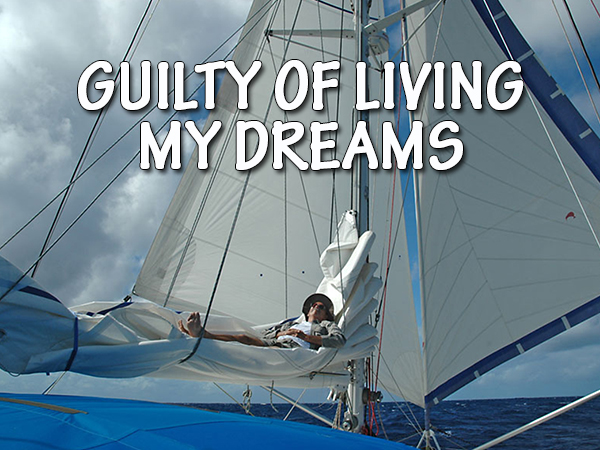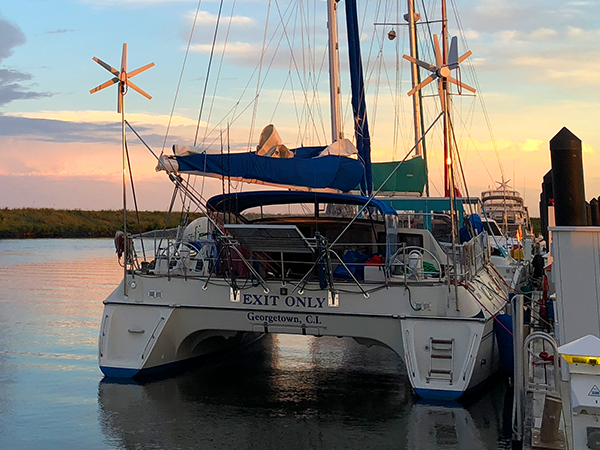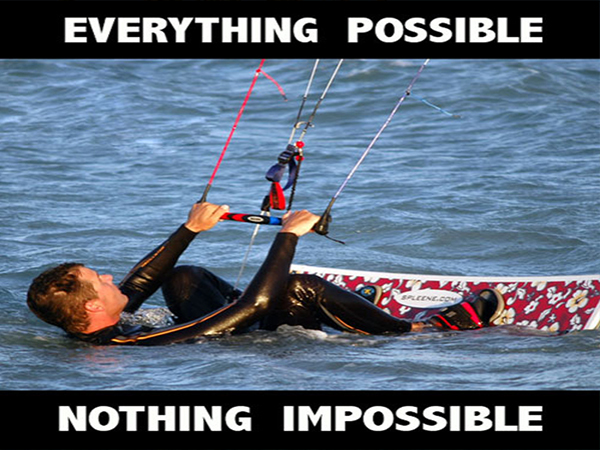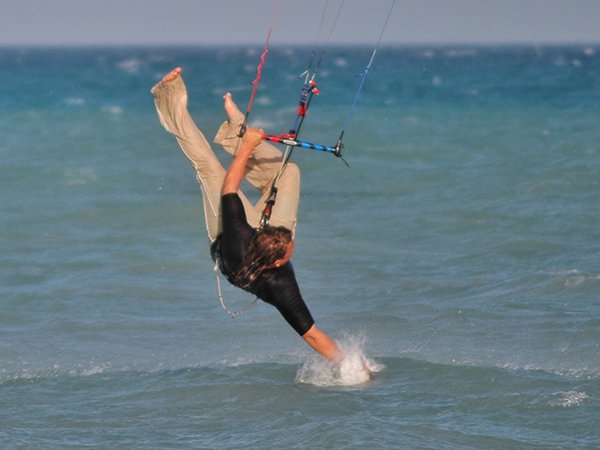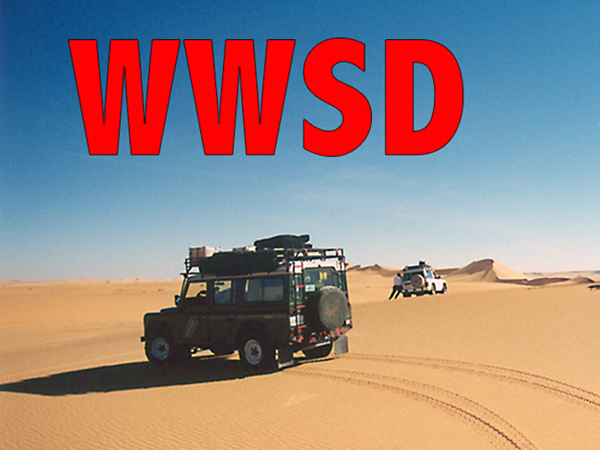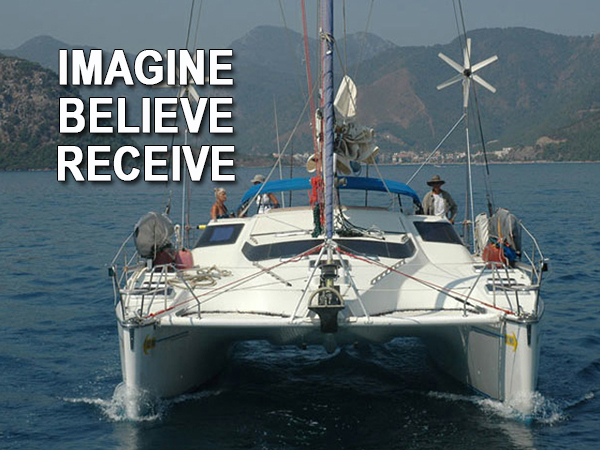ESCAPE VELOCITY
There are as many different ways to live your life as their are different people around the world.
When you are born, your culture gets the first crack at your mind. They fill it with thoughts that are meaningful to them, but perhaps not meaningful to you. Nevertheless, you are stuck with the beliefs and way of life that they install in your mind until you are old enough and mature enough to chose different things.
When a rocket blasts off from planet earth, it has to accelerate to 17,000 miles per hour to achieve escape velocity so it doesn’t fall back to the earth. Achieving escape velocity from your culture is nearly as difficult. Cultural gravity is exceedingly powerful, and it often takes extreme measures to reach escape velocity
I grew up in a conservative environment in the United States, and it took more than twenty years to become my own person.
Becoming your own person isn’t about rejecting your past - it’s about discovering who you are and making your life into what you want it to be. It’s about living your life without molds.
When I was a child, my parents gave me a tiny short wave radio, and at night, I laid in bed tuning across the bands listening to broadcasts from around the world. It didn’t matter whether the programs were in English, Spanish, French, or any other language - I could listen for hours and dream of adventures in far off lands. I was far from achieving escape velocity, but my direction was becoming more clear.
When I was in college, I read of the adventures of 16 year old Robin Lee Graham setting off on a singlehanded sailing voyage around the world. His four year voyage resonated at some level with who I was and what I wanted to do with my life.
In high school and college I immersed myself in the French language, and when I graduated from college I had a minor in French. I had no idea why I was studying French, but it resonated with my quest for adventure.
When I went to medical school, I received a Dewitt-Wallace Fellowship in International Medicine which made it possible to work for three months at a mission hospital in a remote section of Kenya, East Africa. For the first time in my life, my feet touched foreign soil, and it felt good. I was discovering who I was and what I wanted to do with my life.
The surgeon I worked with in Kenya performed his internship at Gorgas Hospital in the Panama Canal Zone. Gorgas Hospital was one of the few places you could go to learn tropical medicine in an internship that was recognized and approved in the USA.
I graduated sixth in my class from medical school, and I could have done my internship anywhere I wanted in the USA, but I chose to go to Gorgas Hospital in the Panama Canal Zone for another international adventure.
I purchased a Toyota FJ-40 Land Cruiser, and my wife and I drove it to Panama. Our month long adventure took us to Mexico, Guatemala, El Salvador, Honduras, Costa Rica and Panama. I still had not achieved escaped velocity, but things were speeding up and the pull of cultural gravity started to fade.
When I finished my training as an eye surgeon and became a full fledged ophthalmologist, I joined the US Navy, and I spent five years stationed at Roosevelt Roads Naval Hospital in Puerto Rico. I purchased a Westsail 32 sailboat in the Caribbean, and for the first time in my life I had a boat that gave me the possibility of being a Real Ocean Cruiser, and it felt good.
When I was stationed at Roosy Roads, I watched one of my friends sail out of the harbor in his Tartan 30 sailboat on a four year sailing voyage around the world. I admired his courage, and I was more than a little envious.
My navy pay was unbelievably low, and there was no way I could set out on a circumnavigation in my Westsail 32. I had no choice but to continue working so I could afford to achieve escape velocity.
Then something happened.
In 1983, King Khalid Eye Specialist Hospital (KKESH) opened in Riyadh, Saudi Arabia. It was a 250 bed eye hospital that was just opening up, and they needed 31 board certified ophthalmologists to staff the hospital and start a training program for Saudi doctors to become eye surgeons. I was one of those ophthalmologists.
I worked as a retina/vitreous/cataract surgeon for eleven years at KKESH saving my Freedom Chips in preparation for a new adventure. I had not yet decided what that adventure would be, but I was much closer to achieving escape velocity.
Riyadh turned out to be one of the biggest 4 wheel drive playgrounds in the world. I discovered the joy of expeditionary travel in Land Rover Defenders, and I spent sixty to ninety nights a year traveling and camping in the Arabian Desert.
We outfitted a Defender 110 with a roof rack and customized it for a driving trip around the world. Our family was on board with an overland adventure, but I was advised by overland travelers in Africa that there were too many problems on the continent, and now was a bad time for a Capetown to Cairo adventure.
Little did I know that Africa is never without problems, and part of the challenge of an African expedition is creating a route that goes around problem areas. I took their bad advice, and I put the driving trip around the world on a back burner.
Instead, I resurrected my dream of sailing around the world on a sailboat.
If I was going to sail around the world, I had to learn how to navigate by the sun and stars. At lunch time I left the hospital, and I came home to take a noon sight with my sextant to practice celestial navigation. I became an expert at computing our position within two miles using only the sextant and a watch set to Zulu time.
When I went on camping trips in the desert, I took star sights at night using an aeronautical bubble sextant. By the time I finished my Arabian adventure, I was a competent celestial navigator.
The unexpected side effect of our Arabian adventures was that I achieved escape velocity. Without even trying and without knowing what was happening, I no longer felt the pull of cultural gravity. I achieved escape velocity, I was free, and I made my life into what I wanted it to be. I was now a citizen of the world, and cultures were something to be experienced and enjoyed, but not something that controlled my existence.
Expeditionary travel in Land Rover Defenders was off the list for now, and so we refocused on a sailing adventure.
I wanted to get a Westsail 42 for our circumnavigation, and I even did a day charter on Walter Cronkite’s former Westsail 42 in Florida. I scanned the advertisements looking for circumnavigation ready boats.
Then something happened. The First Gulf War started.
Scud missiles rained down from the sky each night in Riyadh, and after eleven nights of scuds, we decided to remove our family from the war.
We took an evacuation flight out of Riyadh to Torrejon, Spain and then on to the USA.
While we were in the USA, I looked at a Westsail 42 in St. Petersburg, Florida which stoked my sailing dreams further.
Then something else happened. By a weird twist of fate, it was time for the Miami Boat Show.
We trooped the dock at the boat show, and we saw a Privilege 39 catamaran. We instantly knew we had found a boat on which we could sail around the world.
Fate and Destiny both laughter at my Westsail 42 dreams which were now forever doomed.
I purchased a Privilege 39 from the factory, and when I finished working in Arabia, we got on board Exit Only , and we made an 11 year sailing voyage around the world.
When we left Arabia, we were different people than when we arrived eleven years earlier. Back then we felt the strong pull of our own culture that dictated how we thought and lived. Now we were citizens of the world. We had achieved escape velocity, and we were free.
Once you achieve escape velocity, you are forever free.
